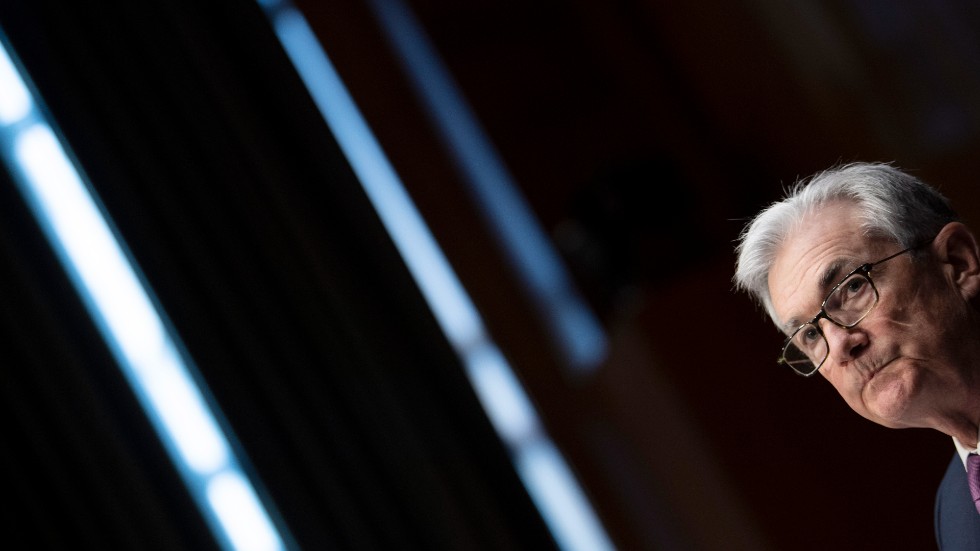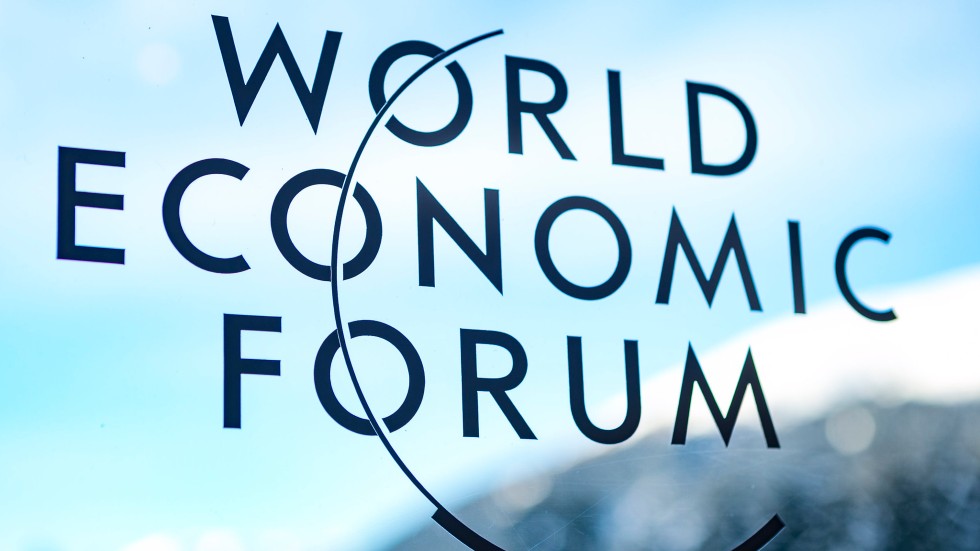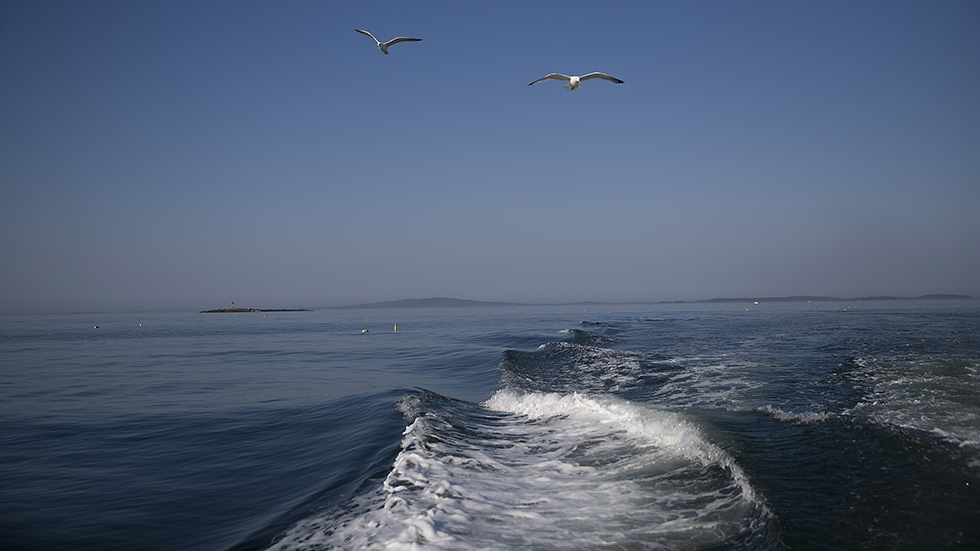Equilibrium/Sustainability — Skiers adapt to climate change

Today is Wednesday. Welcome to Equilibrium, a newsletter that tracks the growing global battle over the future of sustainability. Subscribe here: digital-stage.thehill.com/newsletter-signup.
While ski resorts have been battered by the onslaught of climate change and pandemic-related closures, one corner of the sport is booming, according to The New York Times.
As ski lifts shut down last year, more than a million Americans went “uphill skiing,” also called ski touring — a form of the sport that evolved from traditional winter transport in 16th Century Europe but that is becoming popular on resort slopes, The Times reported.
“It’s a straightforward way to hike up and exercise, have that freedom and feel the fun of skiing back down,” professional skier Ingrid Backstrom told the Times.
But while artificial snow is drawing uphill- and cross-country skiers to managed slopes, it’s also putting them at risk, The Associated Press reported.
“Artificial snow is icier, therefore faster and more dangerous,” Estonian biathlete Johanna Taliharm told the AP.
Today we’ll look at Congress’ focus on the Fed and whether it should take steps to tamp down banks’ investments in industries exposed to climate. We’ll also dive into the World Economic Forum’s Global Risks Report 2022.
For Equilibrium, we are Saul Elbein and Sharon Udasin. Please send tips or comments to Saul at selbein@digital-stage.thehill.com or Sharon at sudasin@digital-stage.thehill.com. Follow us on Twitter: @saul_elbein and @sharonudasin.
Let’s get to it.
Republicans rally against climate ‘stress tests’

The Federal Reserve Board is emerging as a key front in the battle over America’s energy future, with Republicans and progressives squaring off over the question of whether the board has the power — and responsibility — to get banks to reduce their risk from climate change.
For the Biden administration and recent nominees to the Board, the answer to that question is a resounding “yes.” But conservative opposition is stiffening.
First words: “The issue really is, can something from climate change rise to the level that would threaten the stability of the entire financial system,” Federal Reserve Chairman Jerome Powell told the Senate during his confirmation hearing on Tuesday, as The Hill reported.
Behind the quote: Climate hawks often use the analogy of the 2008 financial crisis, in which the sudden loss of faith in mortgage backed securities — which were then a ubiquitous part of the financial system — led to the sudden collapse of insurance giant American International Group (AIG), which led to a broader economic collapse.
Avoiding ‘contagion:’ “There’s this kind of contagion at a level that can take many institutions down, because they’re so intertwined. A bank might say, ‘I’m safe, because I’m insured for all losses,’” Sarah Dougherty, a former Federal Reserve economist now at the environmental nonprofit Natural Resources Defense Council (NRDC), told Equilibrium.
“But then so many disasters happen — the stock market crashes, insurance holdings fall, insurance companies fail and can’t pay out — which creates the risk that everyone might all of a sudden realize that fossil assets are a really bad idea, and they all sell at the same time,” Dougherty said. “Then any bank with a lot of exposure to the fossil fuel industry is really at risk.”
‘STRESS TESTS’ UNDER FIRE
Climate hawks like Dougherty are calling for “climate stress tests,” in which banks would have to assess their balance sheets to see what would happen in a variety of scenarios.
These have been popular in Europe: The Bank of England, for example, had banks look in 2021 at how three scenarios would affect their balance sheets:
- An Early Action scenario, in which the transition to a net-zero economy is orderly, begins immediately and successfully holds warming to 1.8 Celsius (3.2 Fahrenheit), the number that the COP26 pledges commit countries to.
- A Late Action scenario, in which warming is still limited to 1.8 Celsius, but the transition only begins in 2031 and is far faster and more disruptive.
- A No Additional Action scenario, in which governments offer no additional policies, and temperatures rise a whopping 3.3 Celsius by 2050.
And in the U.S.? Powell — originally a Trump appointee, who is not seen as a climate hawk — told the Senate Banking Committee that “it’s very likely that climate stress scenarios … will be a key tool going forward.”
And then? While the Fed won’t tell banks where to invest, it may require them to hold additional funds to balance “risky” holdings in, say, fossil fuels or coastal real estate — which raises the cost of those investments, since it’s money they can’t loan out, Dougherty said.
What conservatives are saying: Conservatives say this is government putting its thumb on the scale for renewables. “Climate isn’t part of the Fed’s dual mandate, which is to ensure stable prices and maximum employment,” The Wall Street Journal Editorial Board wrote.
The editorial went on to argue that “the left wants the Fed to use stress tests to make banks reduce and eventually eliminate financing for coal, natural gas and oil development.”
And Sen. Pat Toomey (Pa.), top Republican on the Senate Banking Committee, criticized Sarah Bloom Raskin — Biden’s likely pick for vice chair for supervision, the Fed’s top regulatory seat.
Toomey slammed her past opposition to the Fed’s use of emergency relief to subsidize failing fossil fuel companies, which she called “a dying industry” in a 2020 New York Times op-ed, according to Bloomberg.
Last words: Toomey’s criticism is “outrageous,” said David Arkush of Public Citizen told Bloomberg. “He’s accusing her of what Republicans did.”
Climate is greatest global risk in 2022: WEF

Climate risks are chief among global concerns as the world enters the third year of the coronavirus pandemic, according to the Geneva-based World Economic Forum (WEF).
But climate wasn’t the only risk. The WEF’s Global Risks Report 2022, released on Monday, found that in addition to the climate crisis, also focused on growing social divides, heightened cybersecurity risks and uneven recovery as the pandemic persists around the world, a news release accompanying the report said.
Most experts believe that a global economic recovery will be volatile and unbalanced over the next three years, according to the WEF.
First words: “The climate crisis remains the biggest long-term threat facing humanity,” Peter Giger, group chief risk officer for Zurich Insurance Group, said in a statement.
The Global Risks Report presents the results of the WEF’s Global Risks Perception Survey, which asked respondents to address how they have perceived various societal risks over the past two years. Survey respondents ranked “climate action failure” as the risk that could have the most severe impacts over the next decade, according to the report.
“Disorderly” climate transition: As governments and businesses face “increasing pressure to thwart the worst consequences,” the resultant “disorderly climate transition,” will “drive apart countries and bifurcate societies, creating barriers to cooperation,” according to the report.
The report homed in on the “insufficient nature of current commitments” to climate goals and the complexities associated with necessary technological upgrades. Even if countries are successful in reaching a net-zero goal by 2050, the journey there will involve disorder, according to the report.
Economic volatility, geopolitical tensions: Shifting away from carbon-based industries — which employ millions of workers — is bound to “trigger economic volatility, deepen unemployment and increase societal and geopolitical tensions,” according to the report.
Meanwhile, adopting what the report characterized as “hasty environmental policies” could also bring unintended harm to nature.
A smoother climate transition, the report argued, will require officials and corporate leaders to “account for societal implications” — or risk making existing inequalities worse.
But there is still hope: “It is not too late for governments and businesses to act on the risks they face and to drive an innovative, determined and inclusive transition that protects economies and people,” Giger, the Zurich Insurance risk officer, said in a statement.
CLIMATE IS ONE RISK AMONG MANY
Cybersecurity is also a top concern: The WEF report also identified cybersecurity as a top global risk. Increasing dependency on digital systems — intensified by the pandemic — has fundamentally “altered societies,” the report noted.
Malware and ransomware attacks surged by 358 percent and 435 percent in 2020 and have begun “outpacing societies’ ability to effectively prevent or respond to them,” according to the report.
Space exploration also has its risks: The surge in global access to the internet has also contributed to the acceleration of the space industry.
That rise in activity has led to an increased risk of collisions and subsequent release of space debris, as well as the mismanagement of competition in space, the report warned.
“Organizations need to start understanding their space risks, particularly the risk to satellites on which we have become increasingly reliant, given the rise in geopolitical ambitions and tensions,” Carolina Klint, risk management leader for Continental Europe at New York-based insurance firm Marsh, said in a statement.
Post-pandemic recovery: The WEF report closes by reflecting on two factors have been critical to effective pandemic management.
- Government readiness to adjust response strategies in a changing environment
- Maintenance of societal trust through effective communication
The report suggests that governments “galvanize stronger interaction between public and private sectors” by balancing costs, regulating for resilience and adjusting data-sharing mechanisms.
Businesses, meanwhile, should leverage planning opportunities in supply chains, codes of conduct and workforce resilience, according to the report.
Last words: “Health and economic disruptions are compounding social cleavages,” Saadia Zahidi, WEF managing director, said in a statement.
“Global leaders must come together and adopt a coordinated multistakeholder approach to tackle unrelenting global challenges and build resilience ahead of the next crisis,” Zahidi added.
To read the full story, please click here.
Water Wednesday
 Energy-sucking oceans, unsafe water in California and the Navy admits fault in Hawaii fuel spill.
Energy-sucking oceans, unsafe water in California and the Navy admits fault in Hawaii fuel spill. 2021 brought an atomic-level rise in ocean temperature
- The world’s oceans reached their hottest average temperature for the sixth year running in 2021 — absorbing 14 zettajoules, or 145 times more energy burned for electricity generation than they did in 2020, according to a recent study.
- “One way to think about this is the oceans have absorbed heat equivalent to seven Hiroshima atomic bombs detonating each second, 24 hours a day, 365 days a year,” study co-author John Abraham said in a statement.
Safe drinking water inaccessible to many Californians: study
- About 370,000 Californias consume drinking water that may contain high levels of chemicals like arsenic, nitrate or hexavalent chromium — contamination that disproportionately impacts communities of color, a joint study from the University of California, Berkeley and the University of California, Los Angeles has found.
- Because the study was limited to just three contaminants, the researchers, who published their work in the American Journal of Public Health, stressed that the results likely underestimate the actual number of Californians impacted.
Navy halts operations at Hawaii fuel facility after area families became sick
- The U.S. Navy has agreed to follow an order from Hawaii state health officials to halt operations at its Red Hill Bulk Fuel Storage facility near Pearl Harbor, after a November petroleum leak contaminated water and made many people sick, CNN reported.
- The spill likely resulted from an “operator error,” a Navy official said at a Tuesday hearing, reported by Military Times. Rep. John Garamendi (D-Calif.) said the Navy should “be held accountable” and “move expeditiously to resolve and avoid any future problems.”
Please visit The Hill’s sustainability section online for the web version of this newsletter and more stories. We’ll see you on Thursday.
Copyright 2023 Nexstar Media Inc. All rights reserved. This material may not be published, broadcast, rewritten, or redistributed. Regular the hill posts







